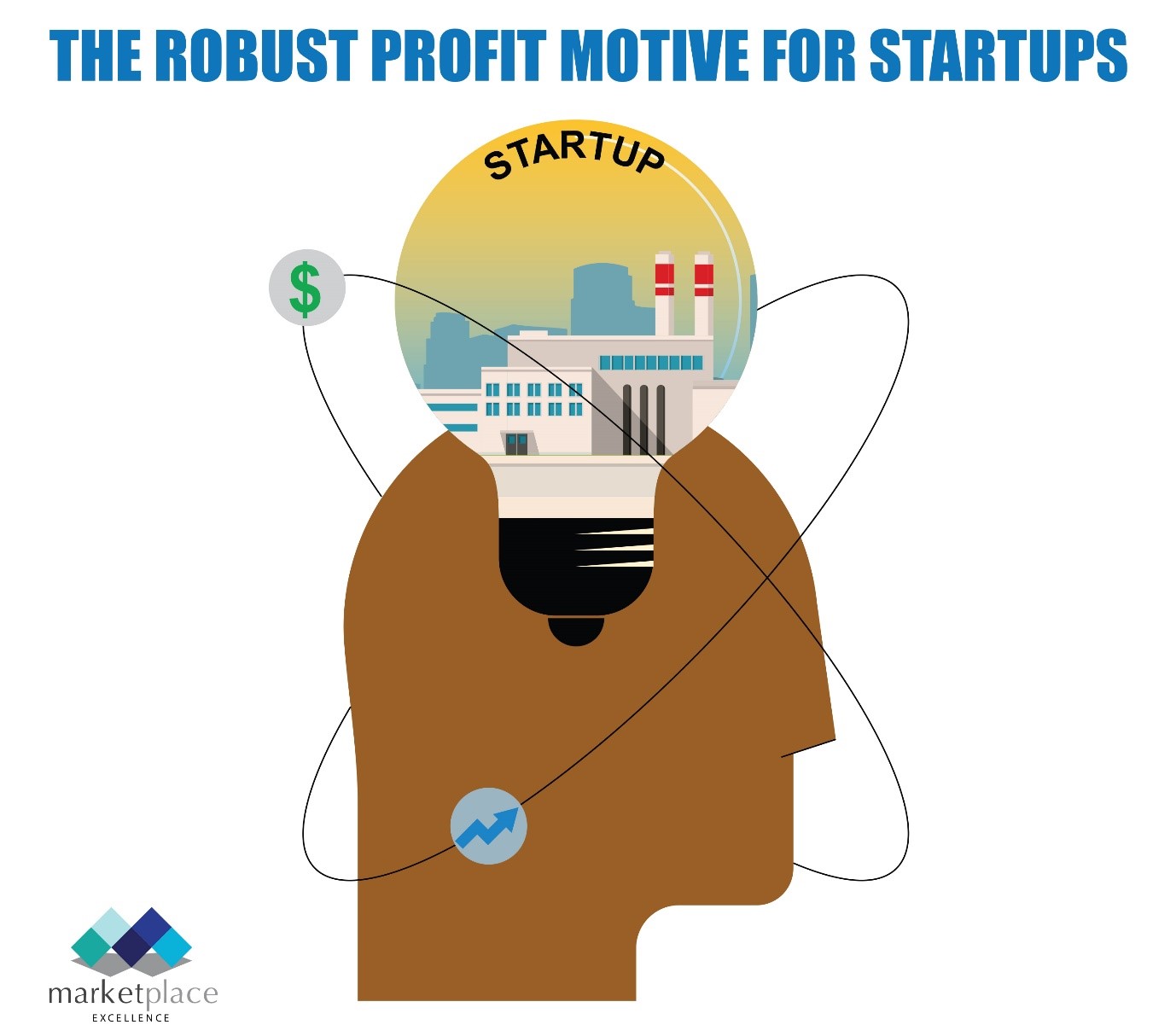“The Lord is my shepherd; I shall not want. He maketh me to lie down in green pastures: he leadeth me beside the still waters. He restoreth my soul: he leadeth me in the paths of righteousness for his name’s sake.” – Psalm 23: 1-3
The United Nations (UN) Global Conference on the Sustainable Development of Small Island Developing States (SIDS) took place in Barbados 30 years ago. The output of the conference was the “Barbados Program of Action”.
One of the challenges in this Program of Action, which has not yet been resolved, is the sustainable contribution of startups to economic growth and development.
Startups may be classified in two categories: one where entrepreneurs start businesses meant purely to provide subsistence income, and the other, where people aim to lay the foundation to create large vibrant firms and provide jobs and income for other individuals through an innovative and disruptive approach.
It is the latter category with which we are concerned, but the issue is the high rate of failure of these startups. I think that it is generally agreed that there are three priorities which must be embraced to alleviate this concern: (1) a value proposition which has the “DNA of an elephant” (i.e., ideas with potential for global exports) (metamorphosis); (2) a shepherd/life coach/mentor model to provide guidance from the inception of the enterprise (management); and (3) the profit motive, which is the catalyst converting concepts into commercial realities and generating profit (money).
This profit motive for startups is more robust and resilient than equity funds, government grants or loans. Public-private sector equity funds, if available, are catalysts to business growth where startups give shares to the fund in return for equity to capitalize their business. As the profit motive kicks in, the startup is able to buy back its shares from the fund and regain 100 percent ownership of its business.
Grants seem to be the favorites of governments around the world, but the success rate still continues to flounder. Too often in the Caribbean, when governments give grants to startups and subsequently follow up to determine what progress has been made, neither the startup, the entrepreneur, nor the grant can be found.
Loans are not appropriate for startups for the following reasons: (1) there is no job letter; (2) the lender requires the startup to provide hard collateral for the loan which is seldom available; (3) the system requires the startup to disburse monthly repayments of principal and interest immediately when cash flow has not been established; and (4) the loan term is fixed and not linked to an exit strategy.
When startups reach maturity and seek further growth, then the loan option comes into play as they satisfy the requirements of financing institutions and seek to grow from strength to strength.
Reflecting on the 30 years since the UN SIDS conference, I recognize that we are at a critical juncture in fostering sustainable enterprises. The journey of startups is akin to navigating uncharted waters, where the pillars of sustainability guide us toward economic resilience and innovation. Emphasizing a robust profit motive, grounded in the principles of value, mentorship and profitability, transcends mere financial success. It’s about creating enterprises that endure and contribute meaningfully to our communities and economies. Thirty years on, the call to action is clearer than ever: we must pivot towards nurturing businesses that are not only viable but also are pillars of sustainable development. It is time to champion sustainable enterprises that can weather storms and thrive, securing a prosperous legacy for generations to come.

(Dr. Basil Springer GCM is a corporate governance adviser. His email address is basilgf@marketplaceexcellence.com. His columns may be found at https://www.nothingbeatsbusiness.com).
